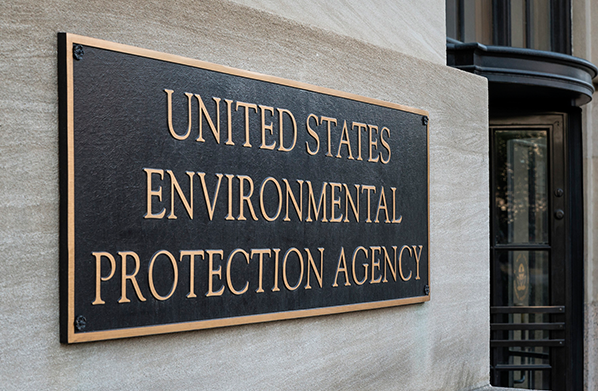The price tag for new regulations from the Environmental Protection Agency is estimated at a staggering $1.9 trillion for the coming year—and now we are learning that the EPA’s expensive greenhouse gas regulations for cars and trucks may not even have been submitted to proper scientific review, as required by law, before being imposed.
The Pacific Legal Foundation is challenging the EPA in federal court, alleging that the agency didn’t comply with the statute requiring that the Science Advisory Board review all the rules regarding greenhouse gas emissions and corporate fuel standards. The EPA was required to see that this review was performed two years ago.
According to a report in Townhall, the EPA regularly complies with this requirement but did not do so in the case of the regulations for cars and trucks. It was especially important that the EPA seek scientific review for these two rules because regulating gas emissions for cars and trucks is a new thing and the scientific ramifications are complicated and not known.
Townhall notes:
Questions over the adequacy, integrity, and interpretation of scientific data are endemic to the evaluation of almost all environmental standards or regulations, but they are especially complex and uncertain with regard to greenhouse gas interactions. Various cost, benefit, and other environmental impacts of the emissions and fuel efficiency standards are at play in the Car and Truck Rules, and all of them may be confounded by underlying data errors, faulty analysis, and unjustified conclusions. The blue-ribbon Science Advisory Board has the expertise and ability to review the underlying agency data and its analyses thereof. That’s why Congress created that panel of experts to begin with.
Second, even the EPA has admitted that each of the two rules will cost at minimum over one hundred million dollars per year to implement (at least ten times that figure is likely, according to EPA), although it also claims that fuel savings will eventually provide net benefits after the more expensive vehicles are purchased. One hundred million (or even a few billion) dollars may not seem like an unusually large figure compared to some congressional mandates, but proposed agency regulations over that figure trigger federal agency review coordinated by the Office of Management and Budget (OMB) under Executive Order 12866.
Oral arguments in the Pacific Legal Foundation’s suit, filed on behalf of small businesses and trade associations whose members would be harmed by the regulations, were heard last week. It is a case worth watching. The outcome will affect many small companies that are already struggling with a mediocre economy and too much red tape.


